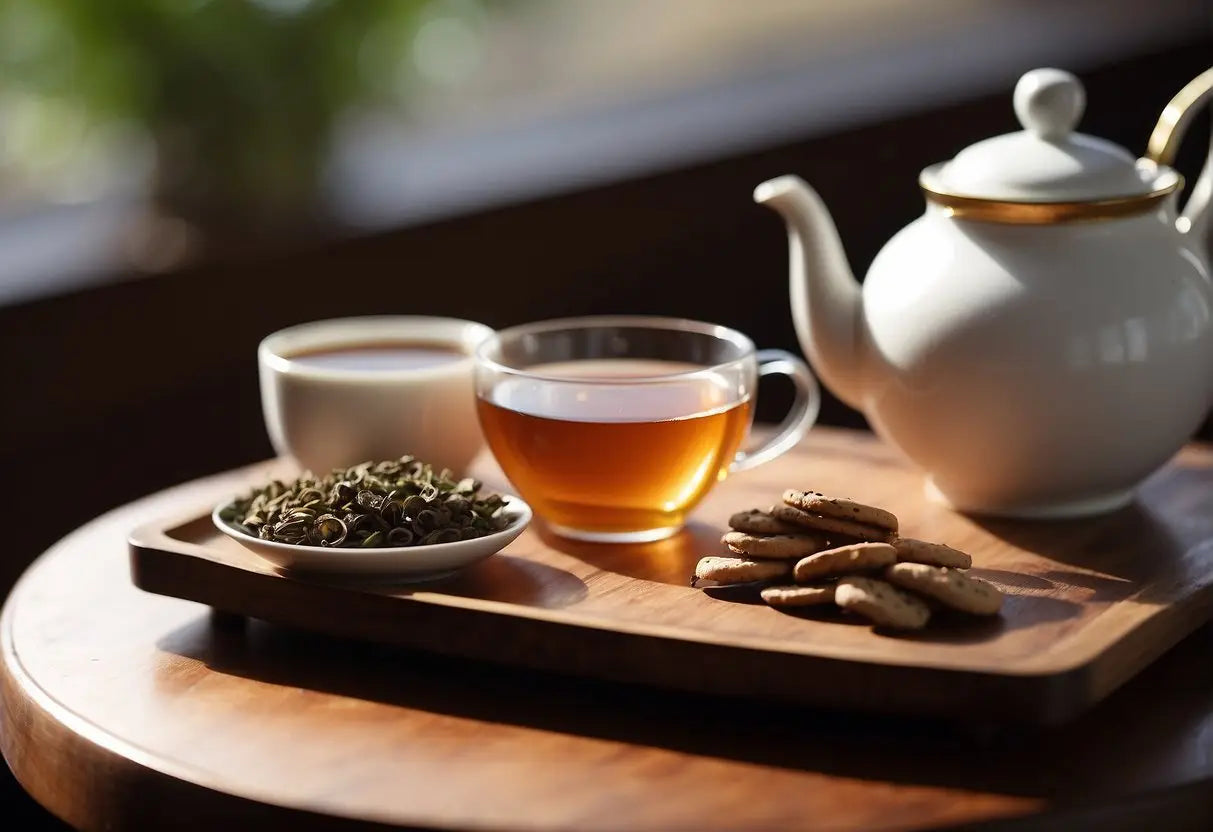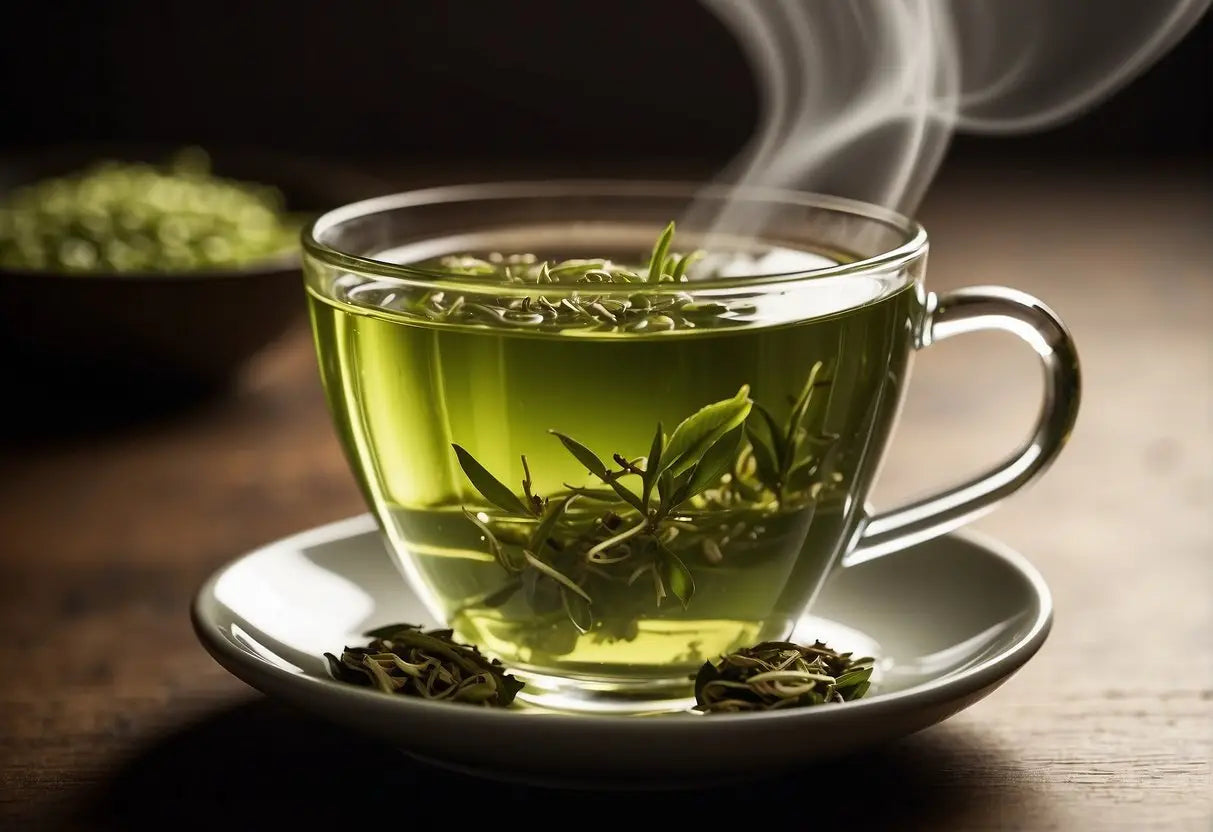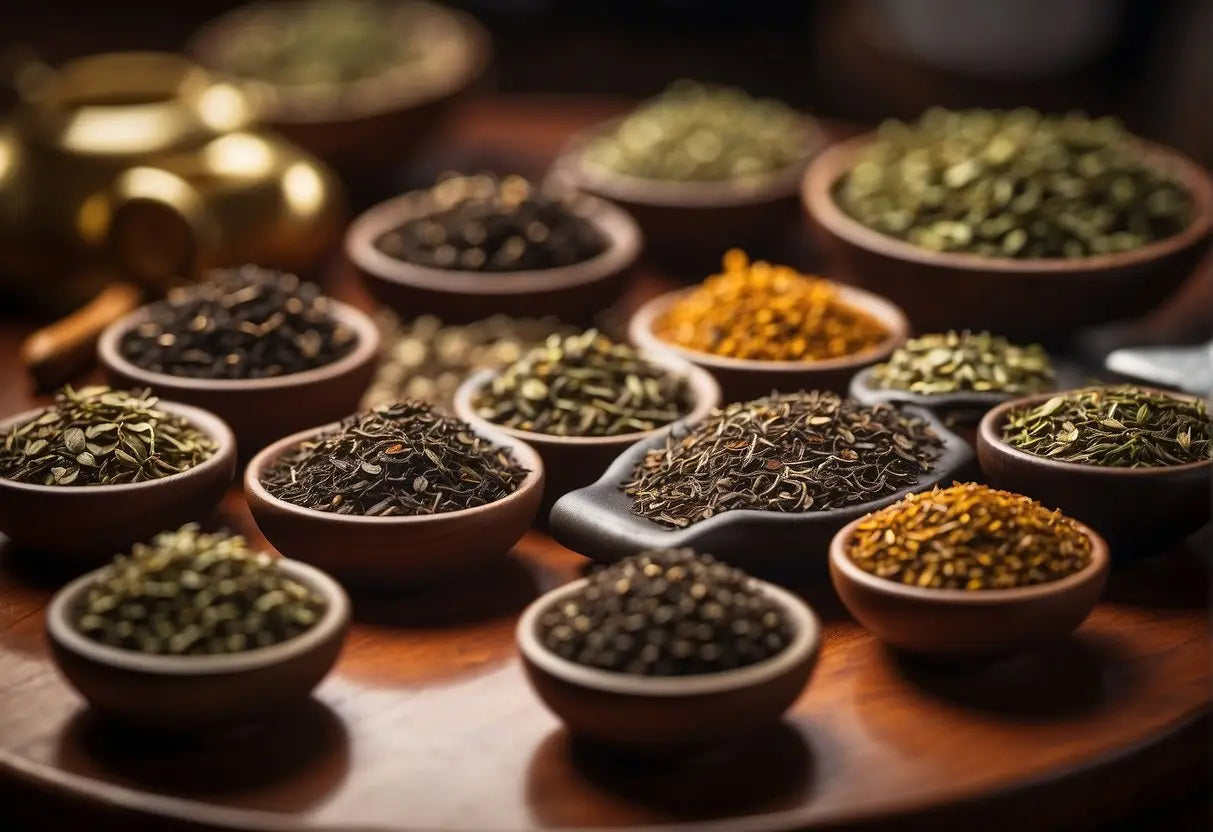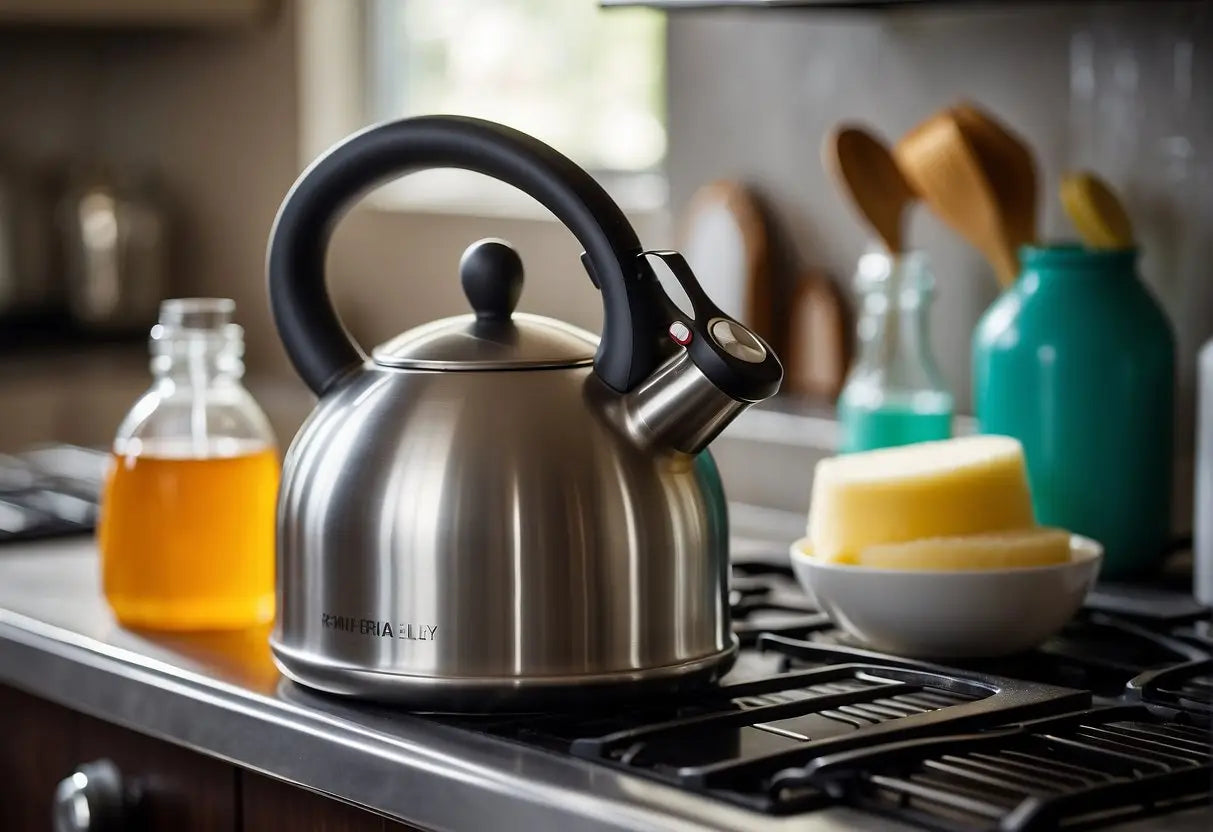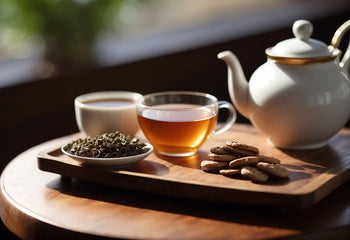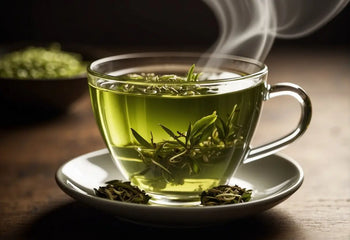How to Drink Pu-erh Tea
Shop our Pu Erh Tea collections! Pu-erh tea is a unique variety known for its aging process and earthy flavor. It originates from the Yunnan province of China and has been prized for centuries. History of Pu-erh Tea Pu-erh tea's origins can be traced back to the Eastern Han Dynasty (25–220 CE), where it was a highly valued commodity along the ancient trade routes, particularly the Tea Horse Road. It served both as a currency and a staple for nomadic tribes, which helped in its distribution and popularity. Types of Pu-erh Tea There are two primary types of Pu-erh tea:...
Does Green Tea Make You Hungry
Shop our Pu Erh Tea collections! Green tea is known for its potential health benefits, and you may have considered it as an option for managing your hunger levels. When you consume green tea, the presence of catechins, a type of antioxidant, could influence your appetite. Observational studies have suggested a link between green tea and appetite regulation. The compounds in green tea may interact with your metabolism in ways that affect hunger signals. Here's a breakdown of two key components: Caffeine: Although green tea contains less caffeine than coffee, it's enough to have a mild stimulant effect. Caffeine can...
Pu-erh Tea Taste
Pu-erh tea is a variety of fermented tea produced in Yunnan province, China. Your experience with Pu-erh's taste profile can vary greatly depending on the type and age of the tea. Raw Pu-erh (Sheng): Initial Brews: Light, grassy, and floral notes with a hint of bitterness. Later Brews: Develops a smoother, sweeter flavor as bitterness fades. Aged Raw Pu-erh: Flavor Evolution: Complex mix of earthiness, woodiness, and a fruity or floral backdrop. Mouthfeel: Often described as silky with a pronounced mellow sweetness. Ripe Pu-erh (Shou): Primary Notes: Earthy, woody, and damp forest floor. Secondary Notes: Undertones of mushrooms, dark chocolate,...
How to Clean Stainless Steel Tea Kettle
Shop our Pu Erh Tea collections! To maintain your stainless steel tea kettle's luster and functionality, regular care is crucial. Stainless steel is revered for its rust-resistance and durability, but it can develop water spots or scale buildup without proper attention. Daily Care: Rinse: After each use, empty any remaining water and rinse the interior with warm water. Dry: Wipe the kettle with a soft cloth to prevent water spots. Weekly Maintenance: Inspect: Check for scale buildup or stains. Clean: If necessary, use a non-abrasive cleaner and a soft sponge. Removing Scale: Vinegar Solution: Mix equal parts of water and...
Recent articles

